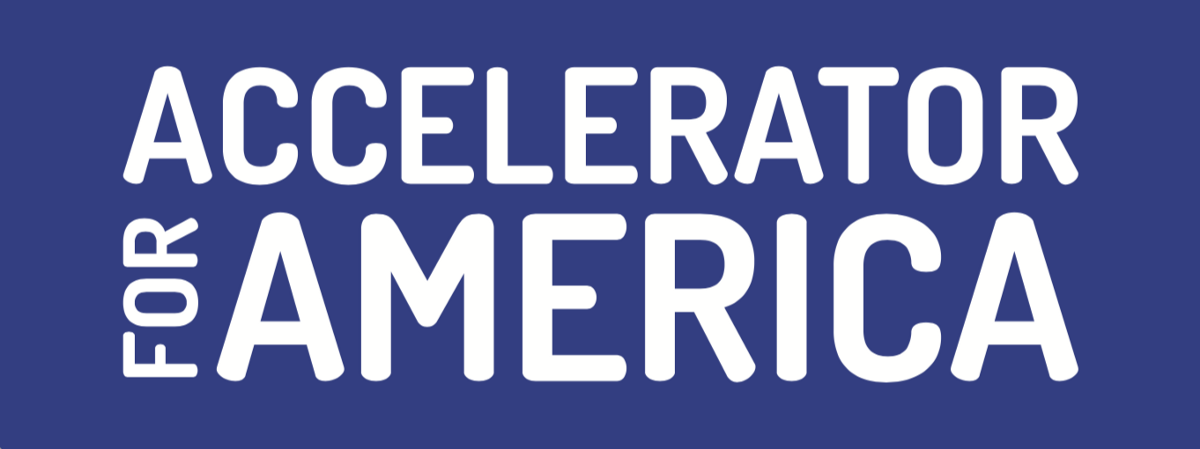Mayors Take the Lead on Infrastructure
Columbia, South Carolina Mayor Steve Benjamin
President Trump’s $1.5 trillion “infrastructure plan” is long on numbers and short on reality. It probably won’t accomplish much. For one thing, it leans almost entirely on cities and states for funding, allotting a mere $200 billion in federal spending over 10 years. The White House will reportedly pay for the plan with cuts to existing infrastructure-related agencies, so the total federal investment amounts to $0.
“This shouldn't be hard to understand,” said LA Mayor Eric Garcetti. “American cities are already rebuilding this country, they just need a little help from the federal government to do more." Garcetti has helped create $120 billion for infrastructure in Los Angeles and heads the Infrastructure Task Force of the US Conference of Mayors. “Any federal plan must expand real dollars, and not increase the burden on local government to pick up the slack when Washington won’t lead,” he added in reaction to Trump’s proposal.
Columbia, South Carolina Mayor Steve Benjamin met with the president about his plan and hopes to keep the lines of communication open. “We are building great competitive cities on the world stage,” he said. “And I would encourage the president to dialogue with us.”
South Bend, Indiana Mayor Pete Buttigieg echoed the concern, tweeting, “Not sure there's full awareness of the radical shift in how this WH interacts with mayors compared to other presidents (in both parties).”
A few weeks earlier, Garcetti, Benjamin, and Buttigieg met with 200 of their peers at the winter meeting of the U.S. Conference of Mayors in Washington, DC, where they exchanged ideas about effective leadership in 2018’s uncertain political climate.
In addition to infrastructure and White House relations, topics for discussion among local leaders included resiliency in the face of disaster, homelessness, climate change, and automation. At one event, LA and eight other cities were recognized for their use of data to improve services.
The conference was a chance for local leaders to set aside partisan differences and collaborate on effective ideas and programs. This year, with the government shutting down every couple of weeks, there was a clear consensus: Voters can count on cities to move forward on big issues, like infrastructure and immigration, that have roiled Washington.

